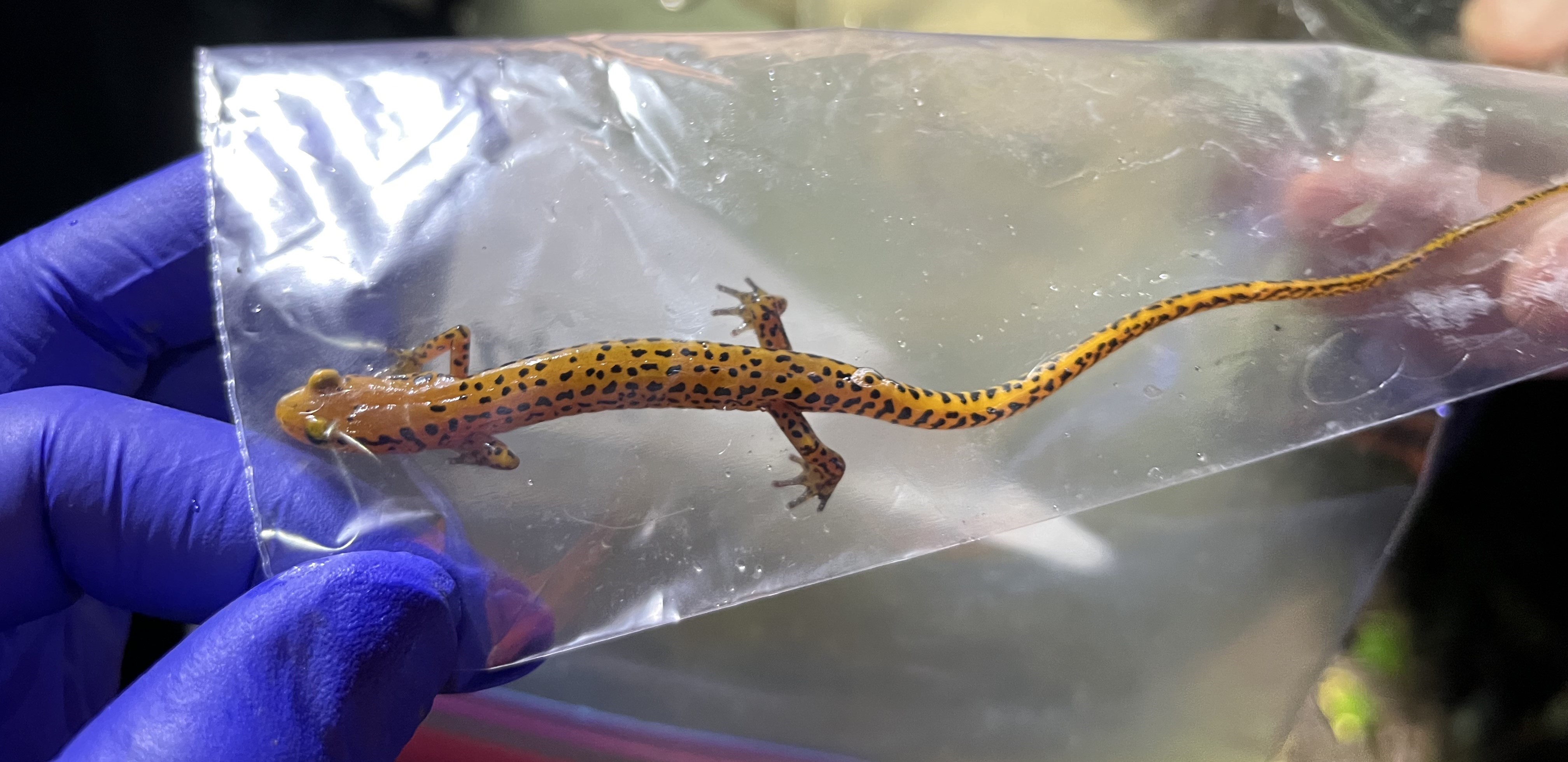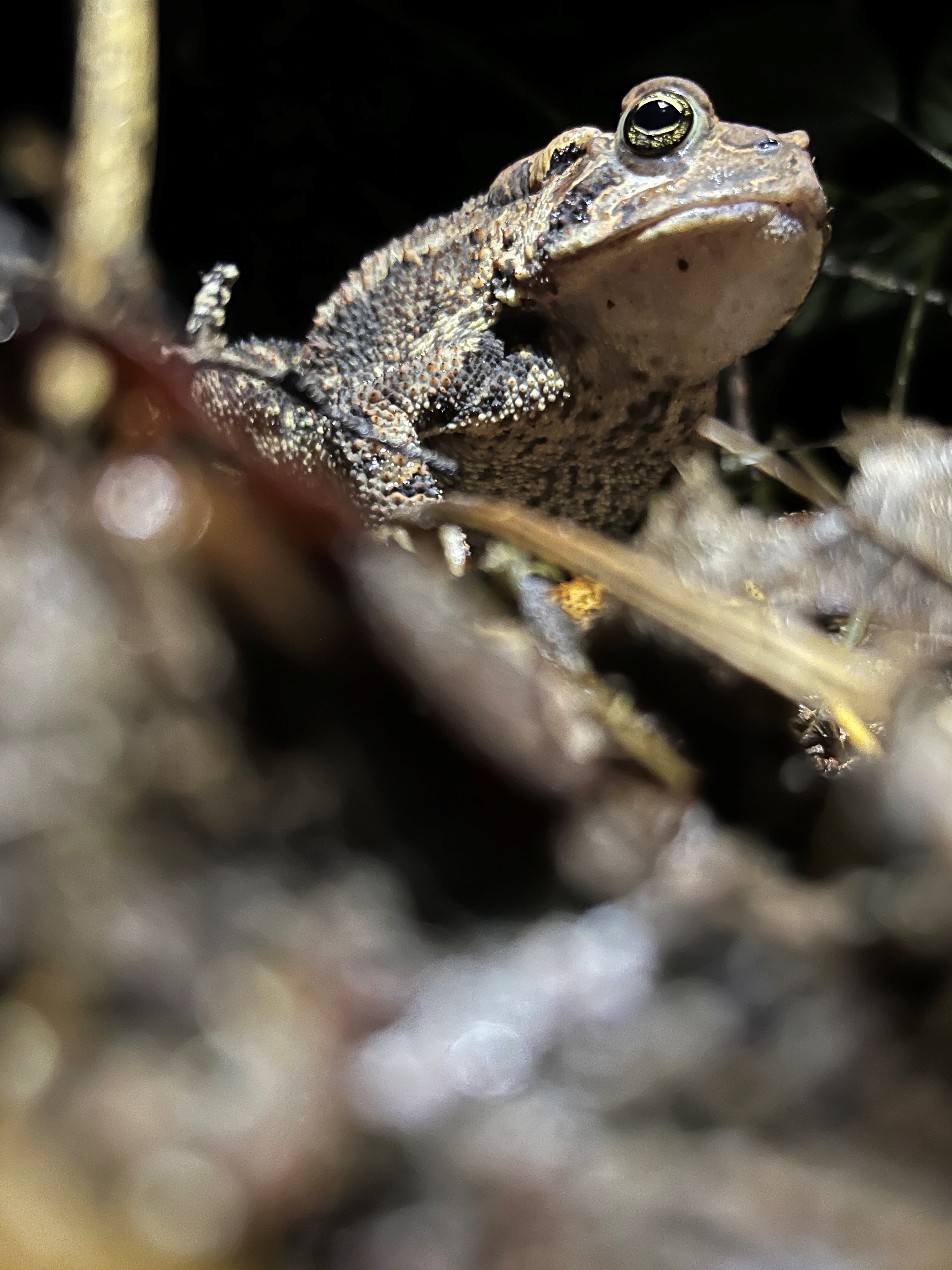ARMI Scientists participate in first Global Amphibian and Reptile Disease Conference
The first Global Amphibian and Reptile Disease Conference was held in Knoxville, Tennessee in July 2022. ARMI scientists E. Muths and B. Hossack presented a synthesis of efforts to understand amphibian disease in the Greater Yellowstone Ecosystem, and B. Hardy and L. Bailey, a PhD student and ARMI affiliate (respectively) at Colorado State University, presented a paper on the potential for demographic compensation in amphibian populations challenged by disease. These presentations were among the few field-based papers at the conference. ARMI scientists E. Grant and M. Bletz led one of the conference workshops to discuss and design conceptual disease models for major herpetofaunal pathogens. The aim of this workshop was to identify differences in knowledge, processes, and possible management strategies among host-pathogen systems. In addition, M.C. Hopkins, Wildlife Disease Coordinator, USGS Ecosystems Mission Area, was a member of the Scientific Committee for the conference.
The goal of the GARD conference was to engage a wide range of people, from scientists and students to veterinarians, natural resource managers, and policy makers, in sharing knowledge about various amphibian and reptile diseases and in working to identify disease management strategies that are applicable to herpetofauna conservation. This hybrid meeting hosted scientists from 25 countries, with presentations ranging from the research reports, including the roles of biodiversity and climate change in amphibian disease risk and amphibian disease immunogenetics, to broad keynotes, such as “Comparative ecology and evolution of reptile pathogens” and “Ranaviruses: four things we (mostly) know and three we (largely) do not”.


